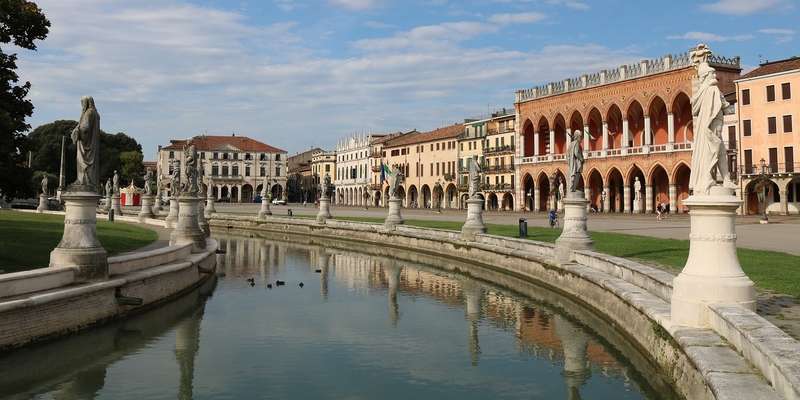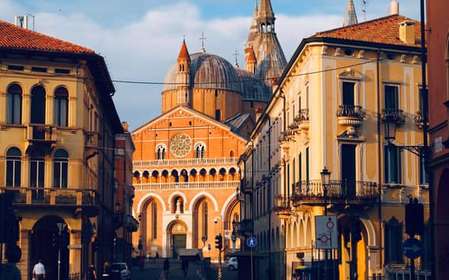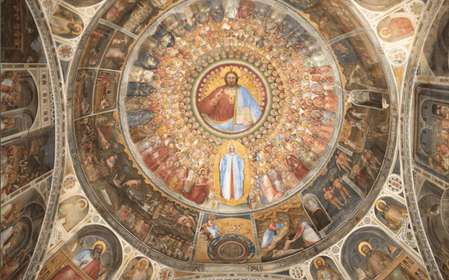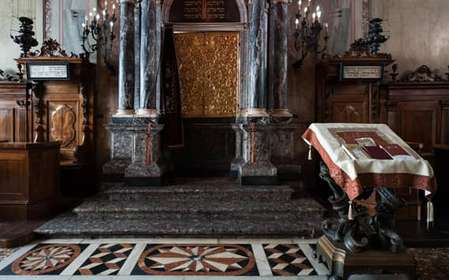- Home
- Useful Tips
- Exploring Padua's medieval...
Most travelers to Padua miss its living medieval craft traditions, rushing past operational workshops that have perfected techniques since the 13th century. Recent surveys show 68% of visitors leave without experiencing authentic artisan encounters, settling instead for mass-produced souvenirs. The challenge lies in locating these hidden ateliers – often tucked behind unmarked doors in the historic center – and understanding their irregular opening hours. This disconnect robs travelers of meaningful cultural connections while depriving local craftspeople of deserved recognition. The frustration mounts when you realize guided tours frequently bypass these authentic experiences in favor of crowded commercial stops. For those seeking genuine encounters with Padua's living heritage, knowing where and when to find these workshops becomes essential.


Navigating Padua's hidden workshop locations without a map
The first hurdle in discovering Padua's operational medieval workshops is their intentionally discreet presence. Unlike flashy tourist shops, these artisans often maintain subtle storefronts to preserve their working environments. Start your search near Piazza delle Erbe, where generations of leatherworkers still hand-stitch goods using Renaissance-era techniques. Look for small wooden doors with worn steps – these thresholds tell more stories than any museum plaque. The area around Via San Fermo hides a remarkable paper marbling studio where you can watch intricate patterns emerge on handmade sheets. Remember these workshops aren't clustered conveniently; part of the discovery involves meandering through lesser-known vicoli (alleys) where time moves differently. Morning hours between 10-12 prove most productive for visits, as many artisans close after lunch to focus on production.
Decoding artisan schedules for stress-free visits
Nothing disappoints more than arriving at a legendary bookbinding workshop only to find its iron gate lowered. Padua's master craftspeople follow rhythms that defy digital calendars – many determine openings by project phases rather than strict hours. The solution lies in pattern recognition: leatherworkers often welcome visitors midweek when finishing pieces, while glass artisans tend to open sporadically after furnace firings. Local tip: follow the sound of tapping hammers near Basilica del Santo on Tuesday mornings, when metalworkers traditionally demonstrate armor techniques. For guaranteed access, align your visit with monthly Artigiani Aperti events when normally private studios showcase their crafts. Some workshops still observe medieval siesta customs, so avoid the 1-3pm lull unless you spot an 'Aperto' sign handwritten on aged parchment.
Authenticating true medieval workshops from tourist traps
With Padua's growing reputation for artisan experiences, discerning genuine medieval workshops from clever imitations becomes crucial. Authentic ateliers share telltale signs: tools worn smooth by centuries of use, apprenticeship records dating back generations, and raw materials sourced from historic suppliers. At legitimate goldbeating workshops near Palazzo della Ragione, you'll find hammers that have thinned gold leaf since Venetian rule. Beware of 'demonstrations' using modern shortcuts – true masters like the marionette makers near Prato della Valle still carve puppets from local walnut as their ancestors did. The scent of natural linseed oil and beeswax often signals authentic practices, as does the presence of unfinished commissions in the workspace. When artisans can explain their craft in dialect terms lost to modern Italian, you've found the real treasure.
Staying near Padua's artisan quarter for immersive access
Positioning yourself strategically eliminates frustrating cross-town treks when workshop opportunities arise. Several historic residences near Via Dante now operate as guesthouses specifically catering to craft enthusiasts. The 14th-century Palazzo M offers rooms above a working textile studio, where guests hear looms clicking at dawn. For budget-conscious travelers, convents near Scrovegni Chapel provide simple lodgings within steps of ceramicists' kilns. Those seeking modern comforts will find design hotels like the Arsenale incorporate local craftsmanship into every detail, from hand-forged ironwork to plaster frescoes by neighborhood artisans. Wherever you stay, request a room facing inner courtyards – this often reveals hidden workshops invisible from main streets. Early risers gain privileged access, as many artisans welcome serious observers during their quiet morning preparation hours.



